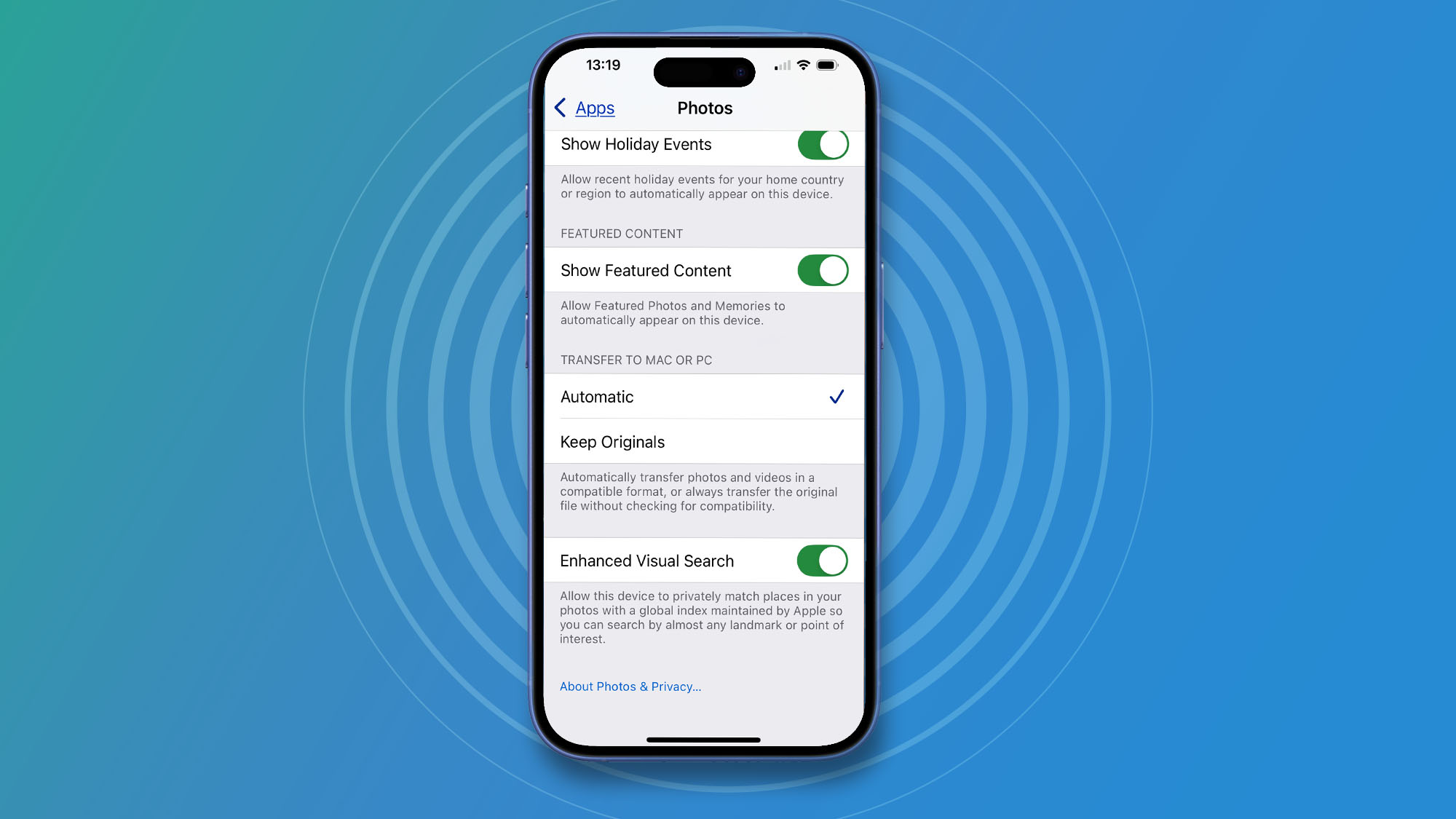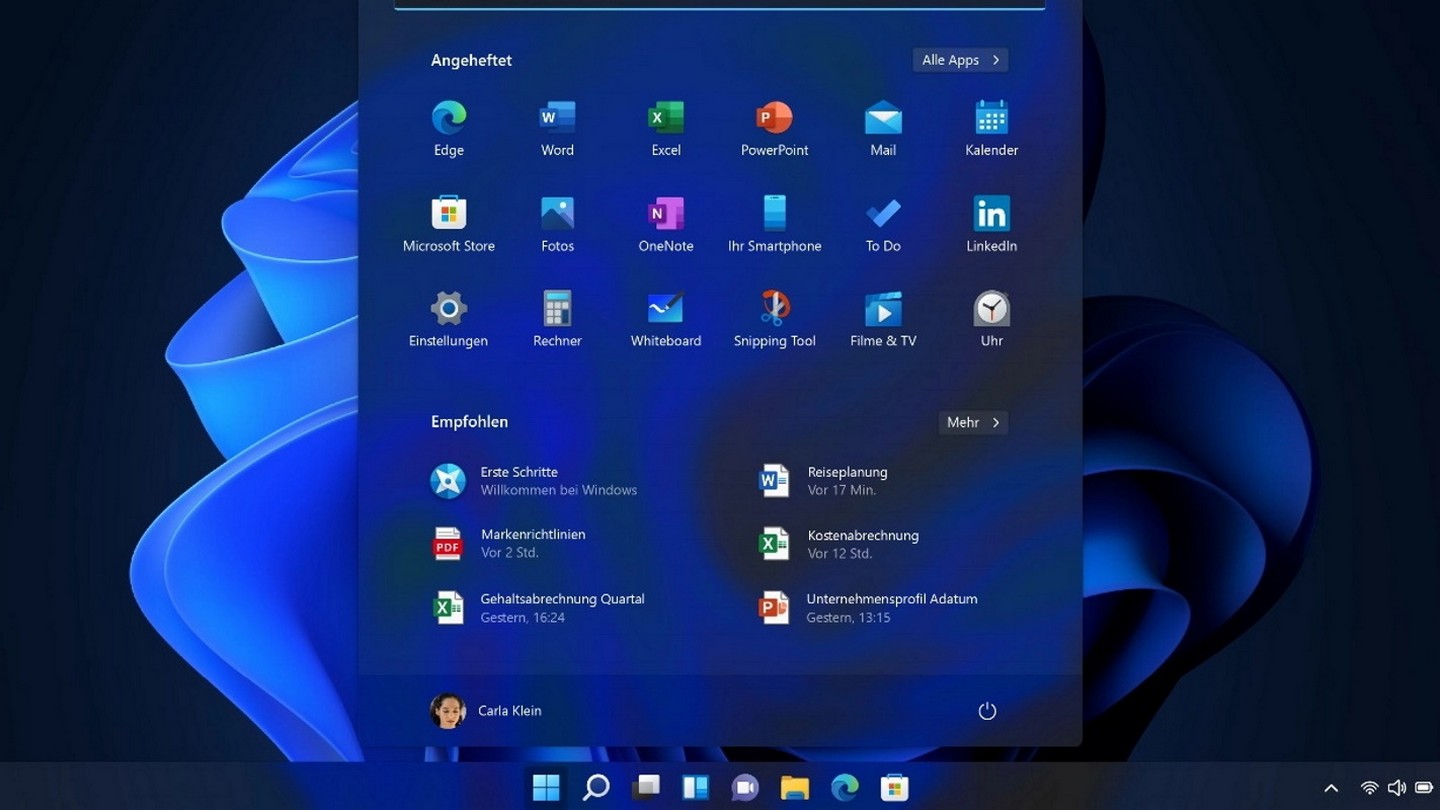Have you started to notice stories cropping up in your Facebook feed (assuming you’re old enough to still be using it) about stopping Apple from automatically opting you in to having all your photos analyzed by AI?
Well, I have. It reminds me a bit of the popular scam trend which had a resurgence in 2024, where people posted a statement that denies Facebook the right to access their photos. It usually says something like “I do not authorize META, Facebook or any entity associated with Facebook to use my photos, information, messages or posts, past or future.”
Needless to say, like all good conspiracy theories, it contains a grain of truth – there are legitimate concerns about the security of our photos on social media. However, the whole thing is a hoax, and copying and pasting the text as a Facebook post will do absolutely nothing for your privacy concerns.
A grain of truth
In Apple’s case, again, there is an element of truth. Apple is indeed sending your iPhone photos to be analyzed by AI, and the feature is turned on by default, however, it’s really nothing to worry about. The feature in question is called Enhanced Visual Search. What this feature does is match places in your photos to famous locations and landmarks stored in a global index maintained by Apple. That way it can work out if you’re standing next to the Leaning Tower of Pisa, or you’re at Stonehenge, and automatically tag the location, with Apple not seeing your photos. Apple released a policy document in November 2024 that states:
“Enhanced Visual Search in Photos allows you to search for photos using landmarks or points of interest. Your device privately matches places in your photos to a global index Apple maintains on our servers. We apply homomorphic encryption and differential privacy, and use an OHTTP relay that hides IP address. This prevents Apple from learning about the information in your photos.”
Worrying about this as being a security threat seems blown out of all proportion to me. However, if you really want to turn this feature off then head to Settings on your iPhone and then Apps. Find Photos and then scroll to the bottom of the settings. Right at the bottom you’ll see a slider for Enhanced Visual Search, which you can turn off. On a Mac, open the Photos app and go to Settings/General.

The battle for privacy
It’s an odd time for Apple right now. It recently had to deny that Siri had ever sold its customers data for marketing purposes, after settling a $95 million class-action lawsuit focused on its Siri assistant. Apple recently released a statement about privacy and Siri, which states unequivocally that:
“Apple has never used Siri data to build marketing profiles, never made it available for advertising, and never sold it to anyone for any purpose. We are constantly developing technologies to make Siri even more private, and will continue to do so.”
Despite statements like this I commonly hear my friends saying things like, “I swear my phone is listening to me and sending me adverts based on what I was discussing”. I’ve never thought these kind of things were true, but rather simple cases of coincidence and confirmation bias, but urban myths like this this seem to never really go away, despite statements from Apple.
Perhaps the recent settlement and Apple’s statement on the matter will simply fan the flames for more conspiracy theories, but I for one won’t be turning off Enhanced Visual Search any time soon, or worrying that my iPhone is spying on me.





